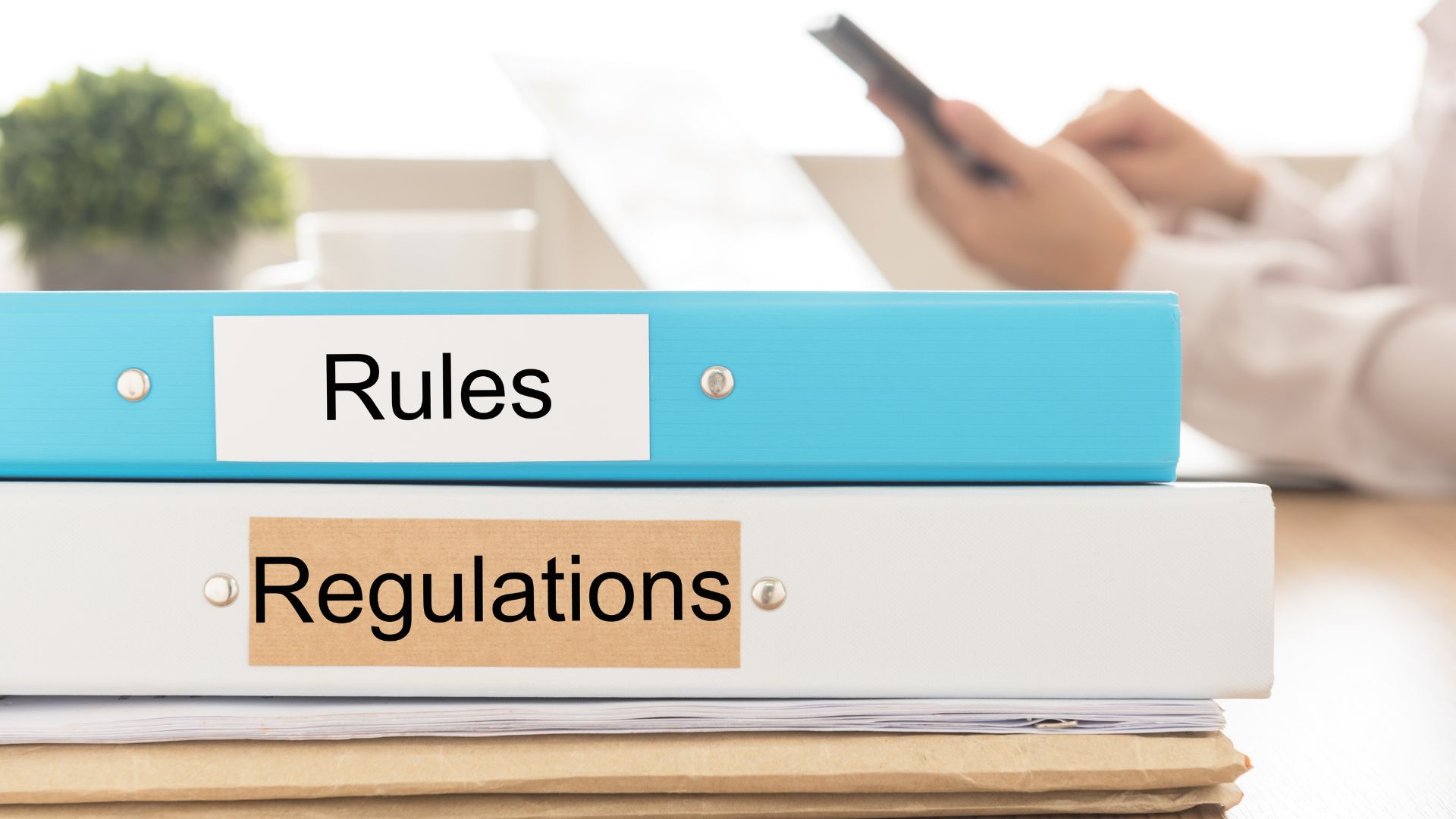Paris, France Airbnb Rules & Regulations
Last updated on: 4th July, 2025


Last updated on: 4th July, 2025
Only primary and secondary residences (residential homes) can be listed on Airbnb. You need to register a license from the local government before starting an Airbnb. As of January 2025, municipalities can limit short-term rentals of primary residences to 90 days per year (previously 120). 🔒 Exceeding the limit may result in a €15,000 civil fine. However, you can request an exception for your primary residence and can list up to 365 days in some special cases. 89% of Airbnb listings have a license number published on their profile.
Here are some useful resources..

In Paris, the regulations for short-term rentals, particularly those listed on platforms like Airbnb, are notably strict and have seen recent tightening in anticipation of significant events such as the 2024 Olympic Games. Hosts must primarily adhere to the following key points:
Registration Requirement: Since October 2017, all hosts offering short-term rentals (furnished tourist properties) must register with the Paris City Hall and obtain a registration number. This number must be included in their listings. This requirement applies to entire primary and secondary residences.
Rental Limits: Hosts can rent their primary residence for a maximum of 90 days per calendar year. Renting out a room within a primary residence does not have this 90-day limit.
Exemptions: Certain categories, like renting individual rooms in a primary residence and rentals under the "bail mobilité" (mobility lease) for a minimum of one month, are exempt from registration.
Change of Use Regulations: If homeowners wish to convert a secondary residence into a short-term rental, they may need city approval for the change of use, which includes possibly purchasing an equivalent commercial space.
Night Price Monitoring: Beginning in 2024, new regulations required platforms like Airbnb to notify users of listings that are priced significantly above average in similar categories, particularly during events like the Olympics. This aimed to prevent price gouging for rentals during peak demand times.
Compliance and Consequences: There are strict penalties for non-compliance, such as renting beyond the 90-day limit, including potential fines and prohibition from future rentals.
Reporting to Authorities: Airbnb is mandated to share data with local authorities regarding short-term rentals, including earnings and guest information, which helps facilitate monitoring and enforcement against illegal listings.
These regulations reflect Paris's efforts to manage short-term rental impacts on housing availability, ensure fair pricing, and provide transparency in the rental market, while addressing the surge in tourist activity due to major global events.